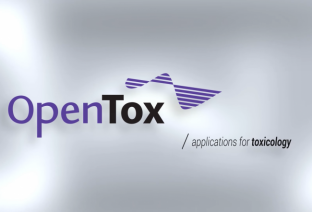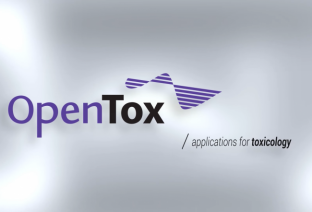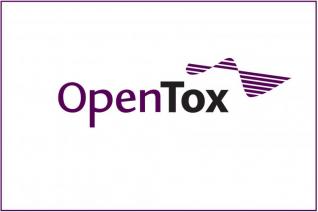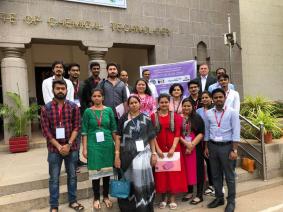It Also Depends on People
Good data “stewardship” means not only the proper collection, annotation, and archival of research findings. It also includes the long-term goal of sharing that data on an open basis. This goal is especially critical in toxicology, where the impact of a badly reviewed new type of molecule can be global.
“To judge the toxicity of a compound, we must compare it with previous studies, make the data available and combine with specific compounds,” explains Chris Evelo head of Maastricht University’s Department of Bioinformatics (BiGCaT), which he himself set up in 2001. “We could work with patterns, but if we see combined effects in the same process, data gets a lot more meaningful. We want to understand the data using a pathway approach and link with existing knowledge.”Dr. Evelo will chair Session 4 of OpenTox Euro on 23 November to focus on the best practices of using software to achieve integrated, interoperable data.
“We need to get data to work by combining it. This depends on data and tools but it also depends on people,”he says. “We need to find and access the best technology possible and make it interoperable according to FAIR Data principles: ‘Findable, Accessible, Interoperable, and Reusable’.”
The Session 4 panel will also feature Thomas Exner, of Douglas Connect, speaking about The OpenRiskNet project; Hervé Menager of the Institut Pasteur on the integration of bioinformatics software and services with the ELIXIR; and Jildau Bouwman of the Netherlands Organisation for Applied Scientific Research on data sharing and integration solutions for nutritional studies.
Dr. Evelo adds that he looks forward to OpenTox Euro because “sharing data and tools can allow us to do more meaningful science and help us get better risk estimates. An open discussion about what our approaches can do also allows us to better see what the limits are.”





